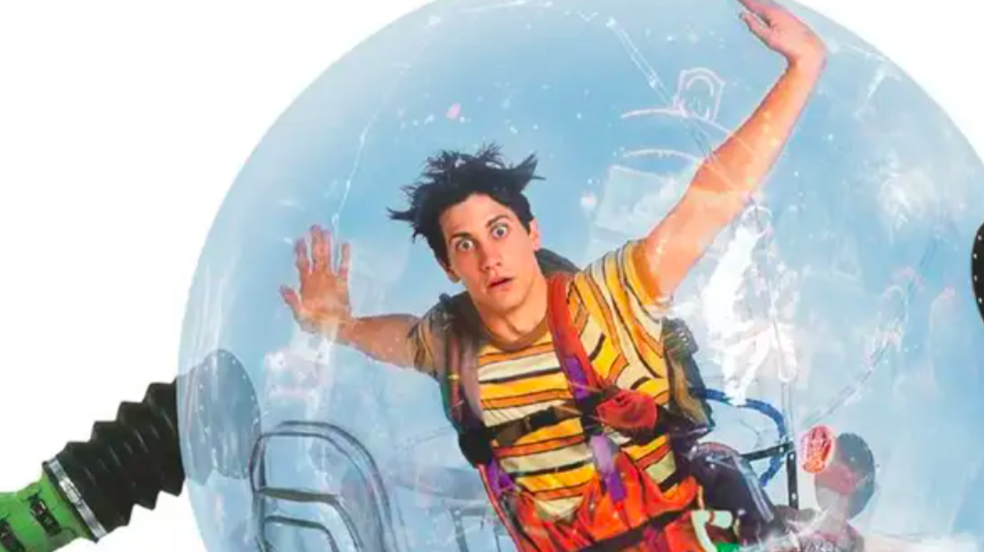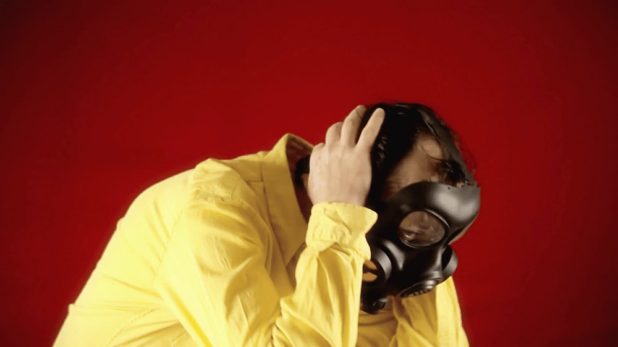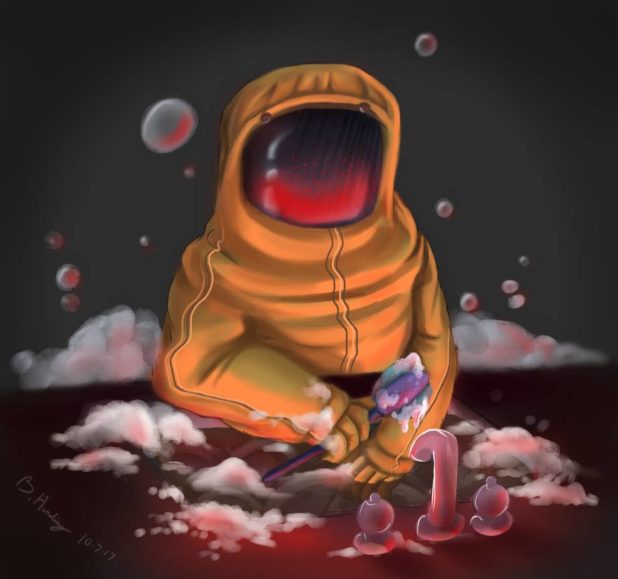“Please, keep the viruses away, please!”
Promoting the “deadly virus” hysteria has proven to be a great move to get people on board with the overlords’ plan of turning the planet into a giant prison.
The very same people who are afraid of viruses will oppose those who see the pandemic hoax for what it is.
These people are under a panic spell, and facts and data are the best tools to break them free.
Here’s hoping you enjoyed the last movie or concert you attended, because if the results of a new survey are accurate, it may be a long, long time before such events are ever popular again. According to the research, 40% of Americans plan to avoid public spaces unless “absolutely necessary” long after the coronavirus pandemic has subsided.
The survey, commissioned by Vital Vio, asked 1,000 U.S. adults about how they envision every day life in the wake of the coronavirus. All in all, it looks like there are suddenly a whole lot more germaphobes in the land of the free. Over four in five (82%) said they are now more aware of, and concerned about, cleaning protocols in public areas. Additionally, 58% are more suspicious about their friends’ and family’s hygiene habits. Next year’s Thanksgiving could get interesting.
Even among those who said they will return to public spaces eventually, it isn’t going to happen immediately. A third will wait a few weeks, and 26% will wait one or two months. Some respondents (16%) went so far as to say that they’re unsure if they’ll ever feel comfortable out in public again.
“While COVID-19 conversations have started shifting from shutting down to reopening the country, the truth is that we’re far from normal life,” Colleen Costello, CEO and co-founder of Vital Vio, tells StudyFinds. “In fact, our report spotlights how Americans’ heightened germ concerns could push them to avoid social interactions and public spaces unless absolutely necessary, even after it’s deemed safe by the government.”
It’s one thing to avoid the outside world, but we all have to bring stuff inside time to time. Most of the survey’s participants said they worry about bringing in groceries, packages, and mail. In fact, 57% actually clean those items before bringing them inside.
So, with our newfound national obsession with germs comes increased interest in cleaning products. A total of 83% of Americans are inclined to buy more chemical cleaners and disinfectants. Interestingly, younger respondents (ages 18-34) indicated they’re especially curious about new ways of cleaning, such as air filters (43%) and UV light sanitizers (21%).
…
A significant portion of respondents are also worried about their children’s safety once schools re-open. Over a quarter (27%) will wait a few weeks before sending their kids back to class and 24% will wait two months. Also, 81% expect their local school district to spend more money on cleaning measures. To that end, nearly half would pay more for schools (41%) or childcare centers (40%) with state-of-the-art cleaning technology.
Chemical cleaners and disinfectants are likely to be damaging for people over the long run.
Aside from the fact that these products often have weird chemicals that mess with peoples’ hormonal systems and can cause all kinds of insidious long-term effects that are hard to trace back to them, the idea that people can live in sterilized environments is a dangerous myth.
You need to be exposed to stuff in order for your immune system to develop ways to effectively deal with it.
If you use all kinds of cleaners, disinfectants, air filter, and the like in your home, what happens the moment you step into an non-sterilized environment over which you have no control over and find yourself suddenly exposed to all kinds of viruses and bacteria?
This is immunology 101 and the story of Bubble Boy.


